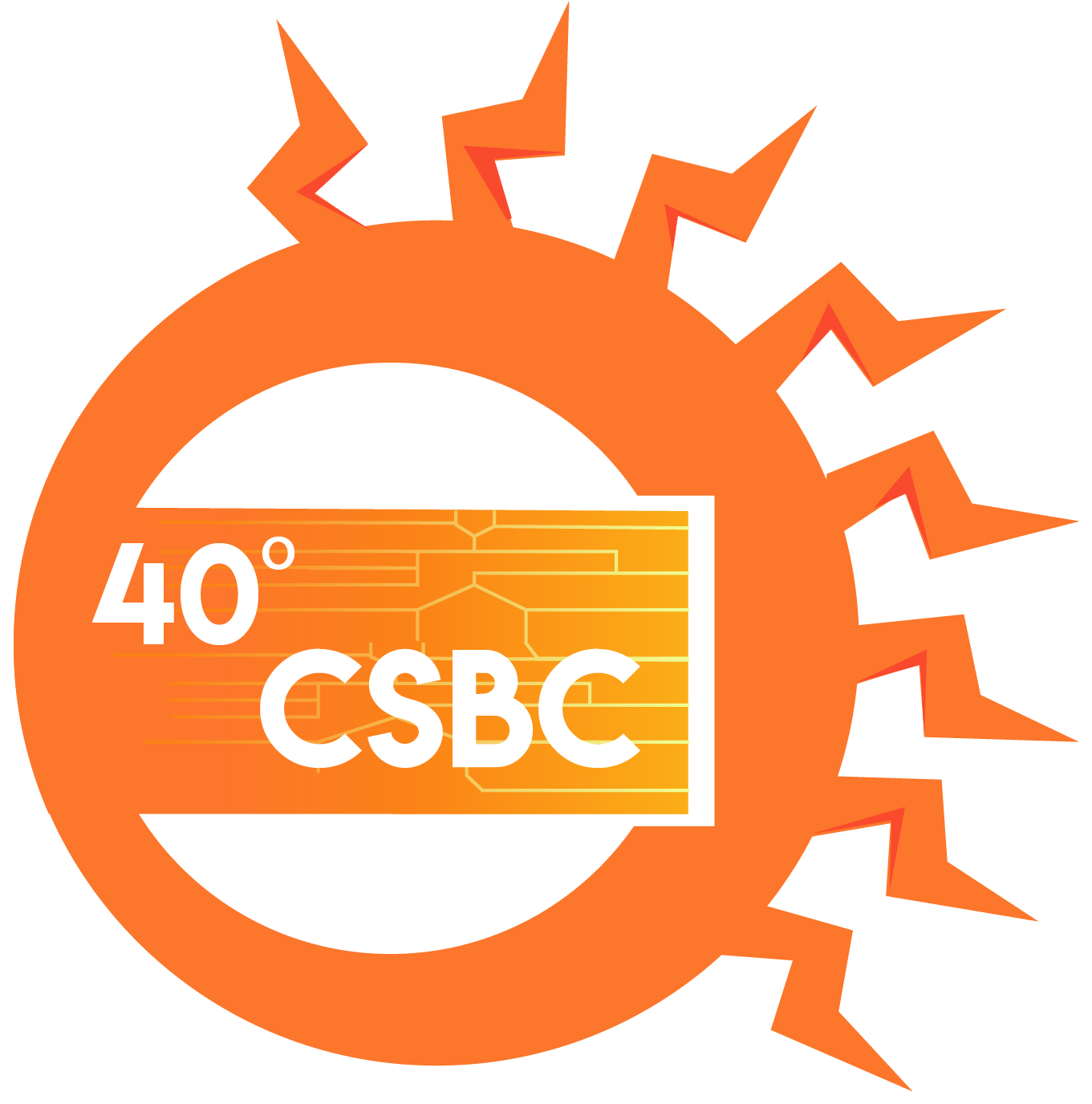TESES DE DOUTORADO
(em ordem alfabética dos títulos)
A Conceptual Architecture and a Framework for Dealing with Variability in Mulsemedia Systems
Estêvão Bissoli Saleme (Instituto Federal do Espírito Santo), Celso Alberto Saibel Santos (UFES), George Ghinea (Brunel University London).
Methods and Algorithms for Knowledge Reuse in Multiagent Reinforcement Learning
Felipe Leno da Silva (Advanced Institute for AI), Anna Costa (Universidade de São Paulo).
MuTARe: A Multi-Target, Adaptive ReconfigurableArchitecture
Marcelo Brandalero (Universidade Federal do Rio Grande do Sul), Luigi Carro (Universidade Federal do Rio Grande do Sul), Antonio Carlos Beck F. (Universidade Federal do Rio Grande do Sul).
Personnel rostering: models and algorithms for scheduling, rescheduling and ensuring robustness
Toni Wickert (UFRGS), Luciana Buriol (Universidade Federal do Rio Grande do Sul), Greet Vanden Berghe (KU Leuven), Pieter Smet (KU Leuven).
Semantic Hyperlapse: a Sparse Coding-based and Multi-Importance Approach for First-Person Videos
Michel Silva (Federal University of Minas Gerais), Mario Fernando Campos (UFMG), Erickson Nascimento (Universidade Federal de Minas Gerais).
Thesis summary: Distance and Similarity Measures in Comparative Genomics
Diego Rubert (Universidade Federal de Mato Grosso do Sul), Jens Stoye (Universität Bielefeld), Fábio Martinez (Universidade Federal de Mato Grosso do Sul (UFMS).
DISSERTAÇÕES DE MESTRADO
(em ordem alfabética dos títulos)
A PatchMatch-based Approachfor Matte Propagation in Videos
Marcos Backes (UFRGS), Manuel M. Oliveira Neto (UFRGS).
Automatic License Plate Recognition: An Efficient and Layout-Independent Approach Based on the YOLO Detector
Rayson Laroca (Federal University of Paraná), David Menotti (UFPR – Universidade Federal do Paraná).
Coloração total em grafos potência de ciclo
Alesom Zorzi (Universadade Federal do Rio de Janeiro).
Detecção de Colisão Broad Phase: Nova Solução e Metodologia para Análise Padronizada de Algoritmos
Ygor Rebouças Serpa (UNIFOR), Maria Andreia Rodrigues (UNIFOR).
Misinformation, Radicalization and Hate Through the Lens of Users
Manoel Horta Ribeiro (EPFL), Wagner Meira Jr. (UFMG), Virgilio A. F. de Almeida (UFMG).
Profiling for Confidence: Debugging Relationships among Urban Spatio-Temporal Datasets
Laís Rocha (Universidade Federal de Minas Gerais), Mirella Moro (Universidade Federal de Minas Gerais), Juliana Freire (NYU Poly).
Qubit Allocation
Marcos Yukio Siraichi (The University of Tokyo), Vinicius dos Santos (Universidade Federal de Minas Gerais), Caroline Collange (INRIA), Fernando Quintao Pereira (Universidade Federal de Minas Gerais).
Towards Reverse Engineering of Industrial Site Plants
Abner Araujo (Universidade Federal do Rio Grande do Sul), Manuel M. Oliveira Neto (UFRGS).
Transfer Learning by Mapping and Revising Boosted Relational Dependency Networks
Rodrigo Azevedo Santos (Universidade Federal do Rio de Janeiro), Aline Paes (Universidade Federal Fluminense), Gerson Zaverucha (Federal University of Rio de Janeiro (UFRJ).
Unsupervised Selective Rank Fusion for Content-based Image Retrieval
Lucas Valem (Universidade Estadual Paulista (UNESP), Rio Claro, Brazil), Daniel Pedronette (UNESP).

